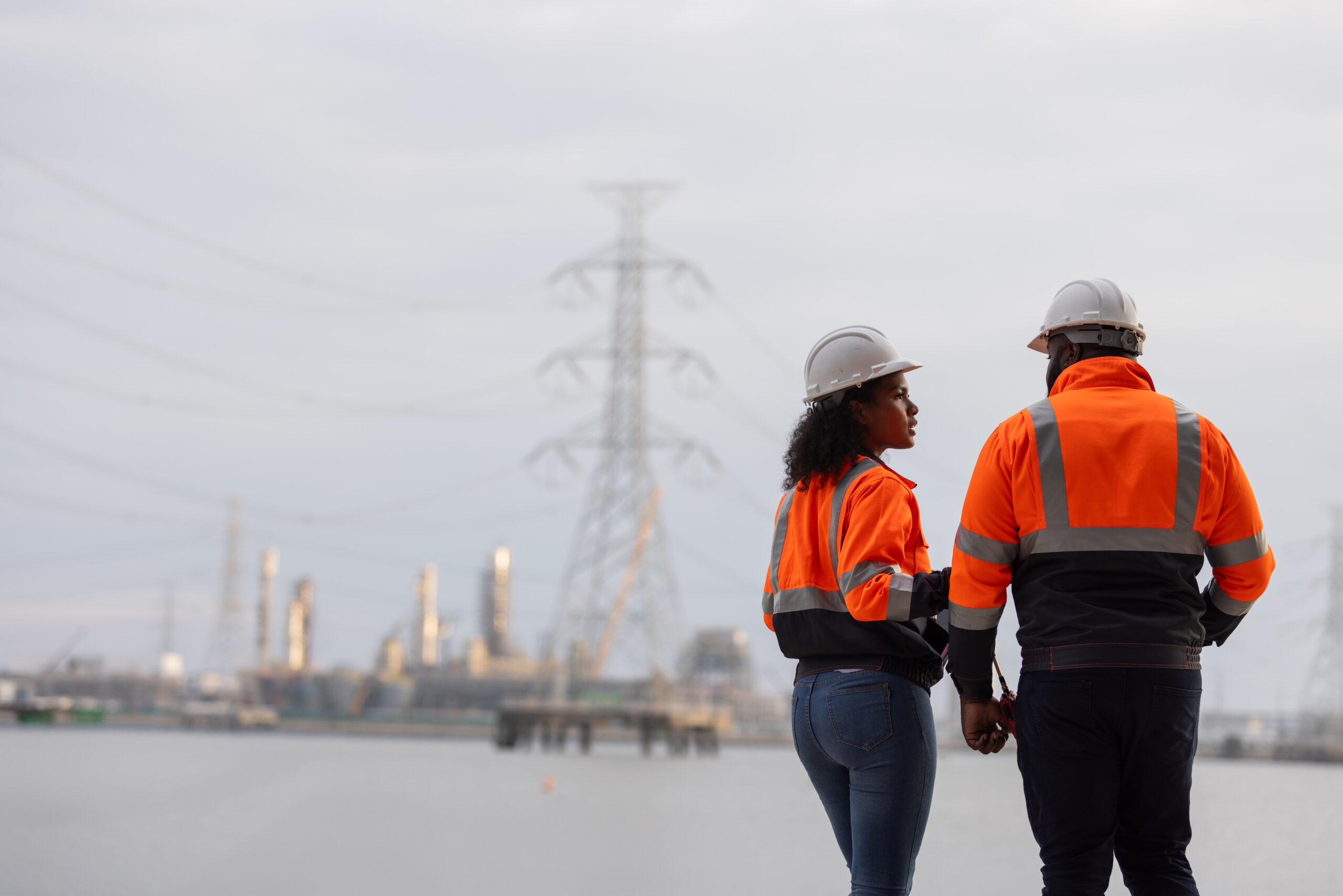Read our editorial from the Health Business Magazine which provides business information for Health Care Professionals.
There is no doubt that the last 12 months has been extremely challenging. The reality is that we have probably taken several steps back in terms of reaching our ambitious climate change targets. Single-use plastics, pandemic priorities, and hospitals at full capacity are all contributors but, if we are really honest, infrastructure investment has taken a back seat for too long.
We now need a clear plan and strategy that delivers future resilience. The scale and pace needs to be accelerated if we are to reach net zero by 2045 and to meet our ambition to be the first Net Zero national health service, setting a pathway for others to follow.
But where do we start? Decarbonisation; moving away from gas heat networks; and embracing emerging technology are challenges the NHS will need to overcome. Most of our work will be focused on existing buildings and infrastructure. A lack of funding and resource has meant that we are now dealing with a backlog of energy projects.
But rather than address legacy issues, let us invest in solutions that support a new energy revolution.
We cannot do this alone. We need help, guidance and finance packages to support our ambition. We also need an energy system that can meet this demand. We know we have vulnerabilities in our national grid, so this is going to take a concerted effort by all stakeholders to get us to Net Zero.
Where we are now
With that said, recent decades have not been at a standstill. Thorough surveys and maintenance of existing buildings has improved conditions and minimised energy wastage. Substantial funding has been delivered to enable some decarbonisation movement. Previous Salix funding has allowed the implementation of LED lighting, heating management and ventilation around NHS facilities. However, this has proved to be not enough. Following the rise in emissions and global warming, we have moved into a stage of code red for humanity. With this has followed a detrimental increase in natural disasters. Recent reports from the IPCC warn us that if the earth warms by just two degrees, the world will struggle to cope with the environmental repercussions.
Planning ahead
When beginning your journey to Net Zero, it is essential to have your baseline data and a maintenance plan to help with an understanding of your current energy usage and when upgrades are due.
Once established, the ability to reflect on operational controls and behaviour change can be analysed. This could include retraining staff on good energy habits, ensuring all lights and electrical items are turned off when not in use. Revaluating heating and cooling schedules, ensuring they are planned and utilised in the most effective way, could also eliminate wastage. However, with rising temperatures, this may be difficult to navigate. Traditional seasons are altering, with summers now crossing over into autumn months. We need to become more self-efficient and work smarter to adapt to these changes.
Acquiring a good decarbonisation plan or energy audit will also help prepare a thorough business plan, partnered with carbon reduction targets and cost savings that meet a satisfactory payback period. Having this ready will help you to act quickly when funding launches.
Integrating Renewables and Energy Storage
Fast approaching is the ban on production of new petrol and diesel vehicles from 2030, meaning the reliance on electric vehicles will soon be inevitable. For health facilities, more capability is needed to support the electrification of the whole fleet and catering for visitors.
To achieve this, major investment must be undertaken to carry out the implementation of electric vehicle charging. However, the issue of capacity must be considered. By scaling up on battery storage around NHS sites, better utilisation will be enabled for those visiting with an electric vehicle.
Additionally, the demand for renewables is increasing the closer we approach our Net Zero targets. To deliver this, a growing pressure is leaning on the efficiency and turnaround of the supply chain. And with most materials being shipped from China, this poses a delay on renewable projects. To combat this, the government has granted an extension period on projects, however, it is still leaving uncertainties. As a result, we must be prepared to launch plans as quickly as possible once the supply chain picks up.
Going forward
There is no longer a choice but to accelerate plans in order to remain on track to reducing carbon emissions. However, decarbonising a whole estate comes partnered with several challenges. Without a well thought out, strategic plan, with a backbone of funding, experience and expertise, this will not meet our targets. It is essential to prepare plans that can be executed promptly and efficiently.
Visit zenergi.co.uk or email Zenergi at bepositive@zenergi.co.uk to understand more about measures to support your Net Zero journey.
Read the full publication here.








